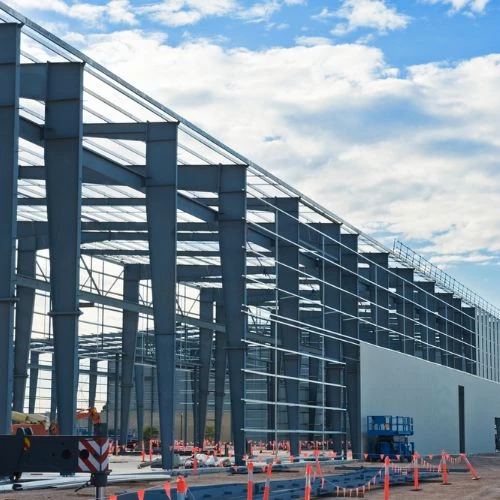





Welcome to Level Engineering, your premier destination for comprehensive land development engineering services. At Level Engineering, we understand that transforming raw land into thriving communities, bustling commercial centers, and vital infrastructure requires expertise, dedication, and a relentless commitment to excellence. With a proven track record of success and a deep understanding of the unique needs of our diverse clientele, we stand ready to turn your vision into reality.


Civil engineering is a subset of the entire engineering profession that is focused on transforming natural landscapes into civil infrastructure and maintaining this infrastructure for various types of land development projects. Within this vast domain, Level Engineering offers a full spectrum specialized service including geotechnical engineering, environmental engineering, and water resources engineering.
Working with Level means going beyond land development into playing a role in protecting our natural ecosystems. Land development has long lasting effects on our natural environment and we pride ourselves in being environmentally sensitive.
At Level Engineering, we leverage cutting-edge technology to drive sustainable land development practices. Our use of advanced tools such as Geographic Information Systems (GIS), Civil 3D (3D Modeling), and sophisticated 3D surveying equipment, such as drone and Lidar Scanner, allows us to optimize resource utilization, streamline processes, and minimize environmental impact. From precise site analysis to real-time monitoring of construction activities, our technology-driven solutions ensure efficiency and effectiveness at every stage of the project.
Client Collaboration for Success: Your Vision, Our Commitment
We understand that successful land development projects require collaboration and alignment of vision. That’s why at Level Engineering, we prioritize transparent communication and collaboration with our clients. By understanding your goals and objectives, we ensure that sustainability remains a central focus throughout the project lifecycle. With Level Engineering as your partner, you can trust that your vision for sustainable development will be realized with precision and care.
Specialist Skills for Sustainable Solutions: Knowledge That Makes a Difference
Our team of civil engineers brings a wealth of specialist skills to every project, ensuring that sustainable practices are implemented effectively. Whether it’s geotechnical expertise or environmental stewardship, our engineers possess the knowledge and ingenuity to navigate complex challenges while preserving and enhancing our natural resources for future generations. Partnering with Level Engineering means accessing skills that make a difference in the success and sustainability of your project.
At Level Engineering, we’re revolutionizing the landscape of land development through cutting-edge technology, client-centric approaches, and Environmental Conscious methods aimed at sustainable growth.
Client Collaboration for Success
At Level Engineering, we understand the importance of client buy-in in driving sustainable development initiatives. We prioritize transparent communication and collaboration, working closely with our clients to understand their vision and goals. By aligning our objectives with theirs, we ensure that sustainability remains a central focus throughout the project lifecycle. With Level Engineering as your partner, you can trust that your vision for sustainable development will be realized with precision and care.
Partner with Level Engineering for Sustainable Success
By harnessing the synergy between technology, client engagement, and specialist skills, Level Engineering is paving the way for sustainable land development that harmonizes with nature and enriches communities for years to come. Join us in our mission to build a better, more sustainable future. Contact us today to learn more about how we can partner with you on your next land development projects.

Civil engineering land development is more than just building structures; it’s about creating sustainable, livable spaces for generations to come. By leveraging their expertise, skills, and innovative solutions, civil engineers are at the forefront of shaping the future of our communities.
We come to the site location and have a large coverage area in each city we serve. Give us a call or chat to see if we’re in your area.
Ready to embark on your land development journey? Contact us today to learn how our civil engineering services can bring your vision to life.
Contact us today at (800) 214-4611 or fill out our online form